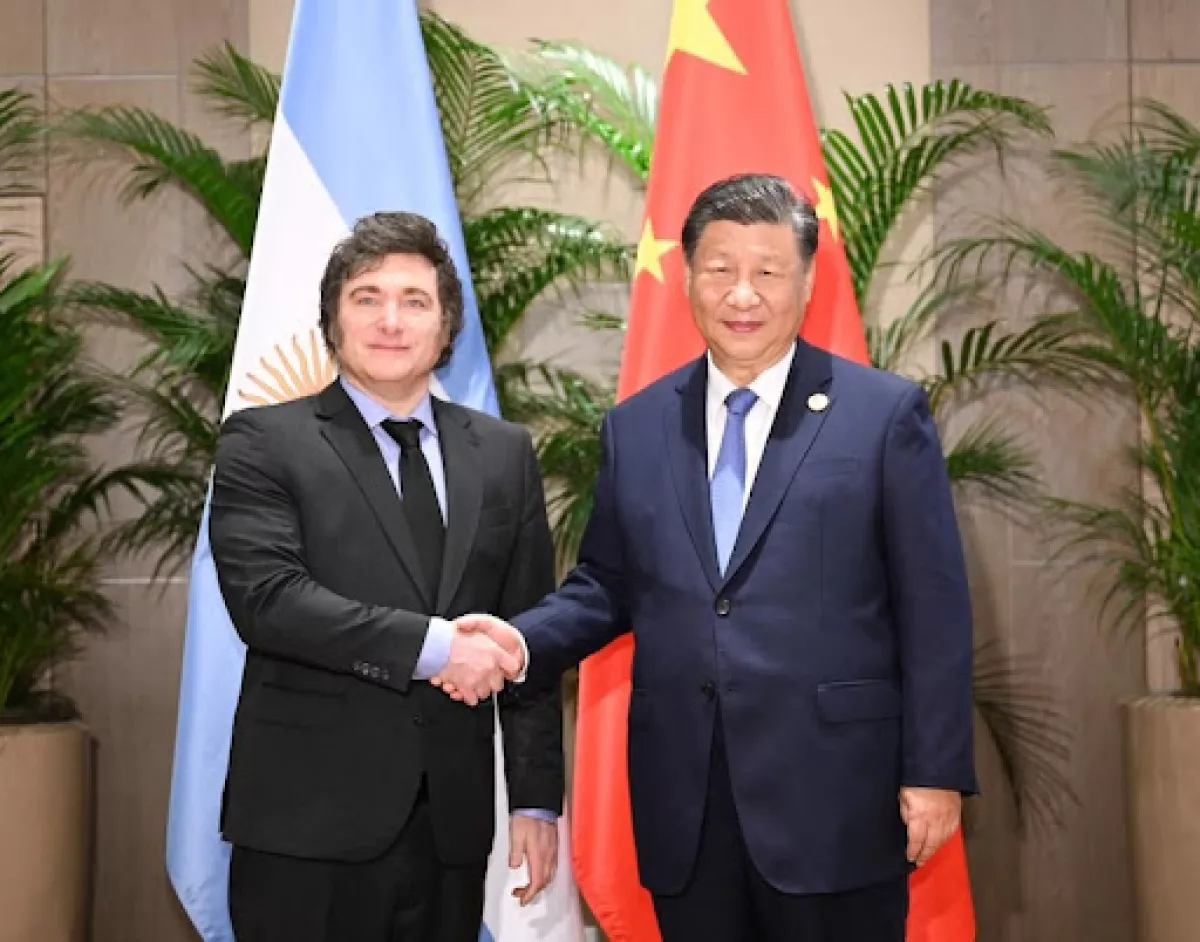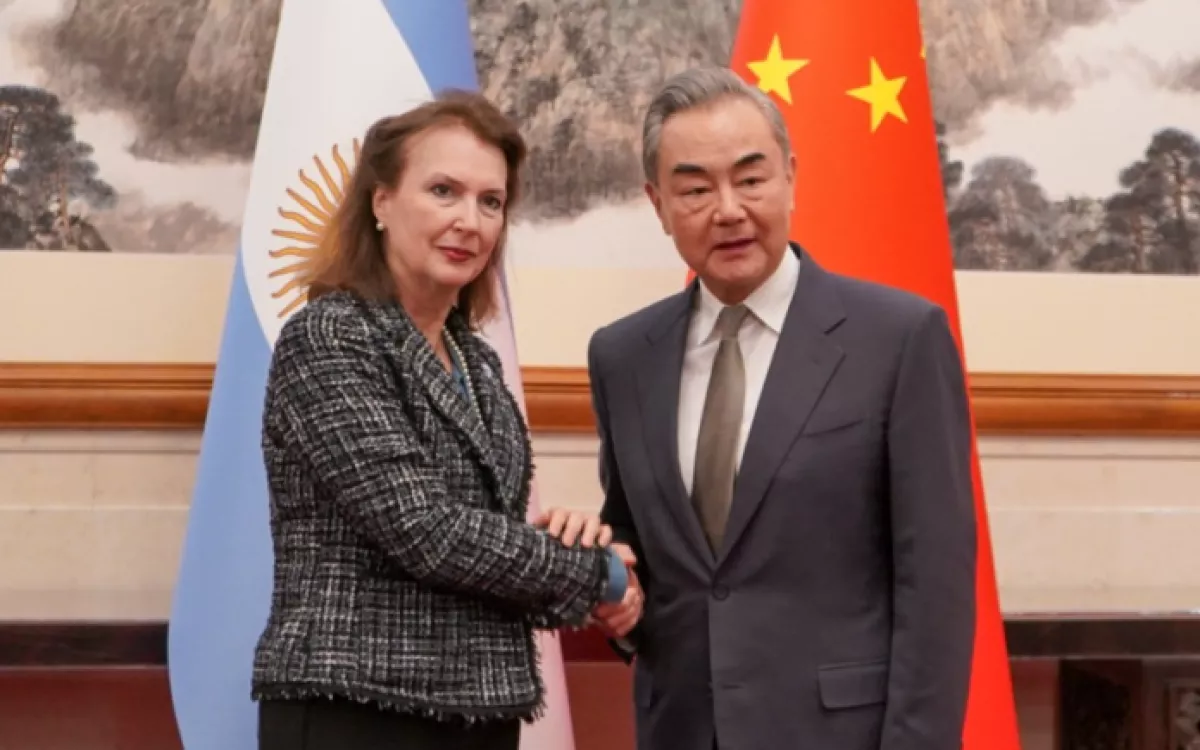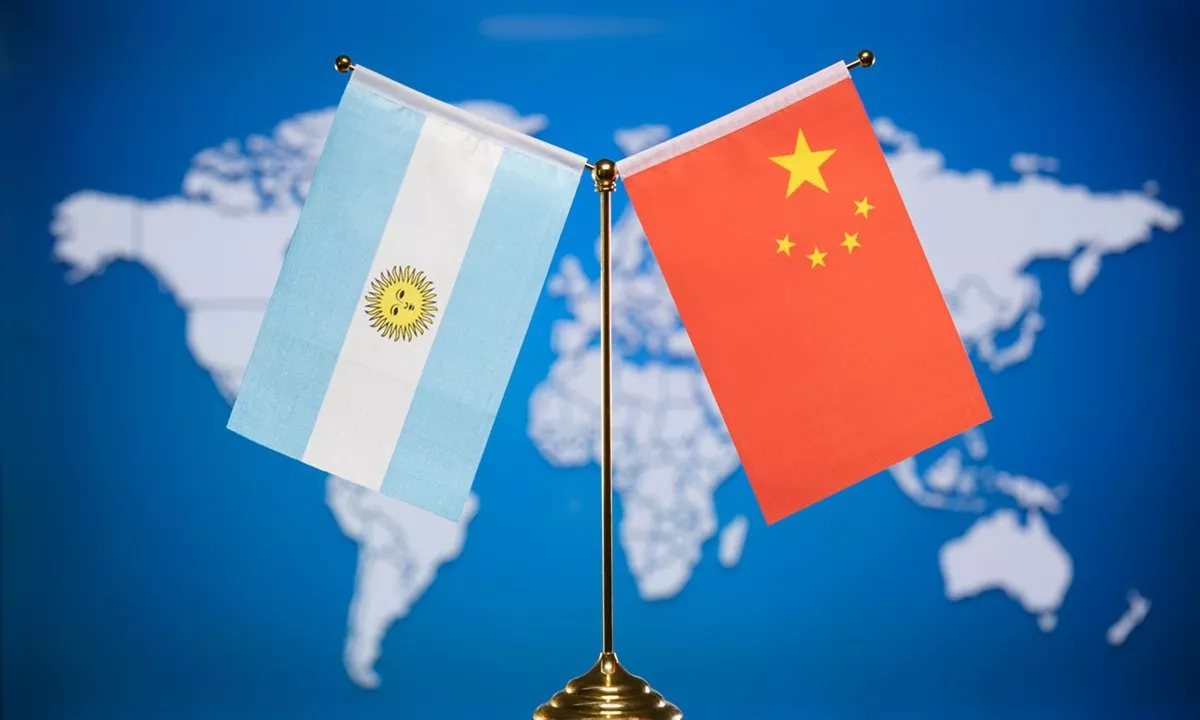China – Argentina: Beijing raises stakes in Latin America Milei’s geopolitical bet
Since the time of Emperor Henry IV, who had to kneel and beg Pope Gregory VII for forgiveness, some leaders have found themselves forced to take a "walk to Canossa" to retract rash political statements. It seems that Argentina’s current president, Javier Milei, has followed this path. Just last year, Milei vowed never to "strike deals with communists" in China and Brazil. Brandishing a chainsaw, the newly elected Latin American leader called the leaders of these nations "thieves" and "murderers." Yet, in a dramatic shift, Milei recently travelled to Rio de Janeiro for the G20 summit, where he shook hands with China’s President Xi Jinping.
According to a statement from China’s Ministry of Foreign Affairs, President Xi Jinping expressed gratitude to Javier Milei for his "willingness to continue deepening bilateral cooperation." In the official Chinese publication China Daily, it was stated that "Xi said that China is ready to work with Argentina to continuously promote Belt and Road cooperation and deepen ties in areas including energy, mining, infrastructure, agriculture, sci-tech innovation and the digital economy. He also expressed Beijing's willingness to continue financial cooperation with Buenos Aires to help the Argentine side maintain economic and financial stability."
In a statement, Argentina's president noted that the two sides expressed "a desire to continue exploring new opportunities to expand and improve relations" and discussed "current trade and financial ties." These declarations were accompanied by photos of the politicians exchanging friendly handshakes.

According to Patricio Giusto, the director of the Sino-Argentine Observatory, the "main mistake of the Argentine government, which affected all foreign policy, was to deploy a diplomacy based on ideology, ignorance, and the personal preferences of the president." Giusto emphasized that there was a complete misunderstanding within the president's inner circle regarding what China represents for Argentina and the world.
The reason for Milei's sudden shift in position is quite simple: the Argentine president does not want further deterioration of relations with the country's second-largest trading partner and a crucial source of funding.
Asian experts attribute the rapprochement between Argentina and China to Karina Milei, the president's sister and closest advisor. In June 2024, she met with the Chinese ambassador in Buenos Aires, Wang Wei, and then visited Shanghai to attend the China International Import Expo. Following her visit, former Argentine Foreign Minister Diana Mondino travelled to Beijing, working to smooth over the insults that Milei had previously directed at Chinese communists. After Mondino's trip, China resumed a multi-billion-dollar currency swap deal, which helped replenish Argentina's depleted reserves.

It’s also worth noting that China holds several strategic assets in Argentina, including stakes in lithium mines, and controls a massive space surveillance station in Patagonia valued at $50 million.
After his sister's trip to Shanghai and her meeting with President Xi in Brazil, Javier Milei seems to have lost his fear of communists. In a popular TV show, he announced plans to visit China in January 2025 for the Community of Latin American and Caribbean States (CELAC) summit. If this trip takes place, it will mark the first-ever visit of an Argentine president to China and a significant step in strengthening relations between the two countries.
It is also expected that during his visit to China, Milei will seek to attract new investments in sectors such as energy, mining, and agriculture. China is particularly interested in Argentina’s lithium and copper reserves. Another promising industry where China is making inroads in developing markets is electric vehicle production. Wang Wei, China’s ambassador to Argentina, emphasized that "Chinese car brands are already present in South America and Mercosur [the common market of South American nations, an economic and political agreement between Argentina, Brazil, Uruguay, and Paraguay], and on Argentine roads, there is an increasing presence of Chinese cars.” He elaborated: “Chinese electric vehicle companies will actively consider setting up factories in Argentina. In fact, they are already present in Brazil with their production and assembly line."
China’s penetration into Latin America, traditionally the "backyard" of the United States, began in the early years of this millennium. After the 2008 financial crisis, Beijing struck a series of advantageous deals with the governments of Argentina, Bolivia, Ecuador, Uruguay, Venezuela, and Brazil, providing China access to the natural resources of these countries—copper, iron, and oil. In turn, Latin American countries, with the arrival of China, weakened the traditional grip of the United States and shielded themselves from the consequences of the global crisis.

In 2011, the drop in oil and commodity prices destabilized the region's economies, prompting China to once again extend a helping hand, further solidifying its influence in Latin American markets. Beijing allocated tens of billions of dollars in loans, granting it access to raw materials throughout Latin America. For example, China now controls 90% of Ecuador's oil reserves for decades to come.
In 2017, according to Boston University, trade between the Caribbean, Latin America, and China reached $244 billion, and two years earlier, China surpassed the United States as South America's main trading partner.
China's growing presence in Latin America has not gone unnoticed in Washington, especially with the rise of Donald Trump, who made confronting Beijing a central part of his agenda. Argentine economist Osvaldo Cortesi pointed out that "Trump was the one who ended the complacent strategy of the United States towards China in 2017… In his new term, this path will consolidate.” Meanwhile, Trump’s chief trade adviser, Robert Lighthizer, has described China as a “lethal adversary.”
As for Argentina, with a sensible policy, the country could find itself in a favourable position. Cortesi continues, "Argentina faces a new geopolitical reality with favorable economic parameters and a logistical outlet to Antarctica that makes it very attractive to both hegemonic powers. And this is Milei’s biggest bet."
The future will reveal who will emerge victorious in the battle between superpowers. In the past, the US has had to fight for influence in South America, first with Great Britain, then with Germany, and eventually with the Soviet Union, with Washington emerging victorious each time. But today, the US faces a much more formidable opponent, and the outcome of the confrontation is far from decided.








